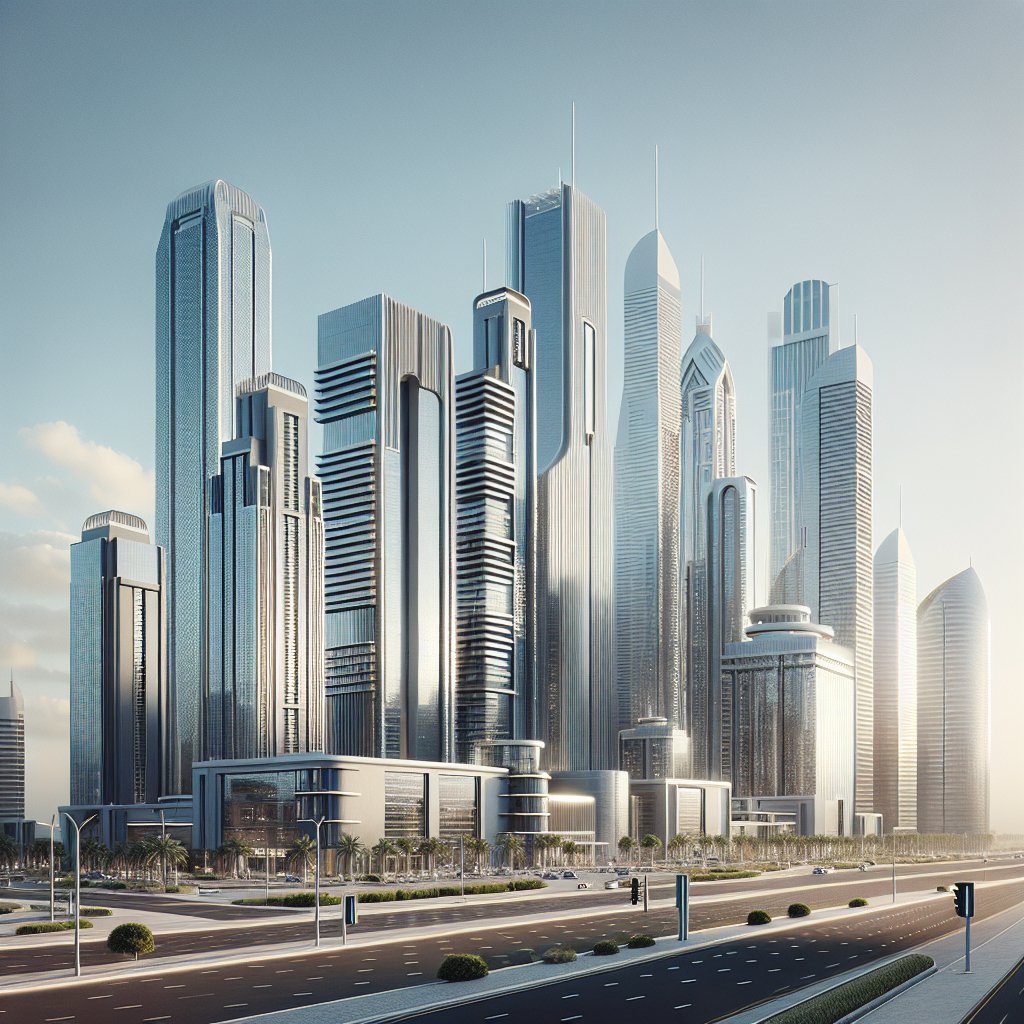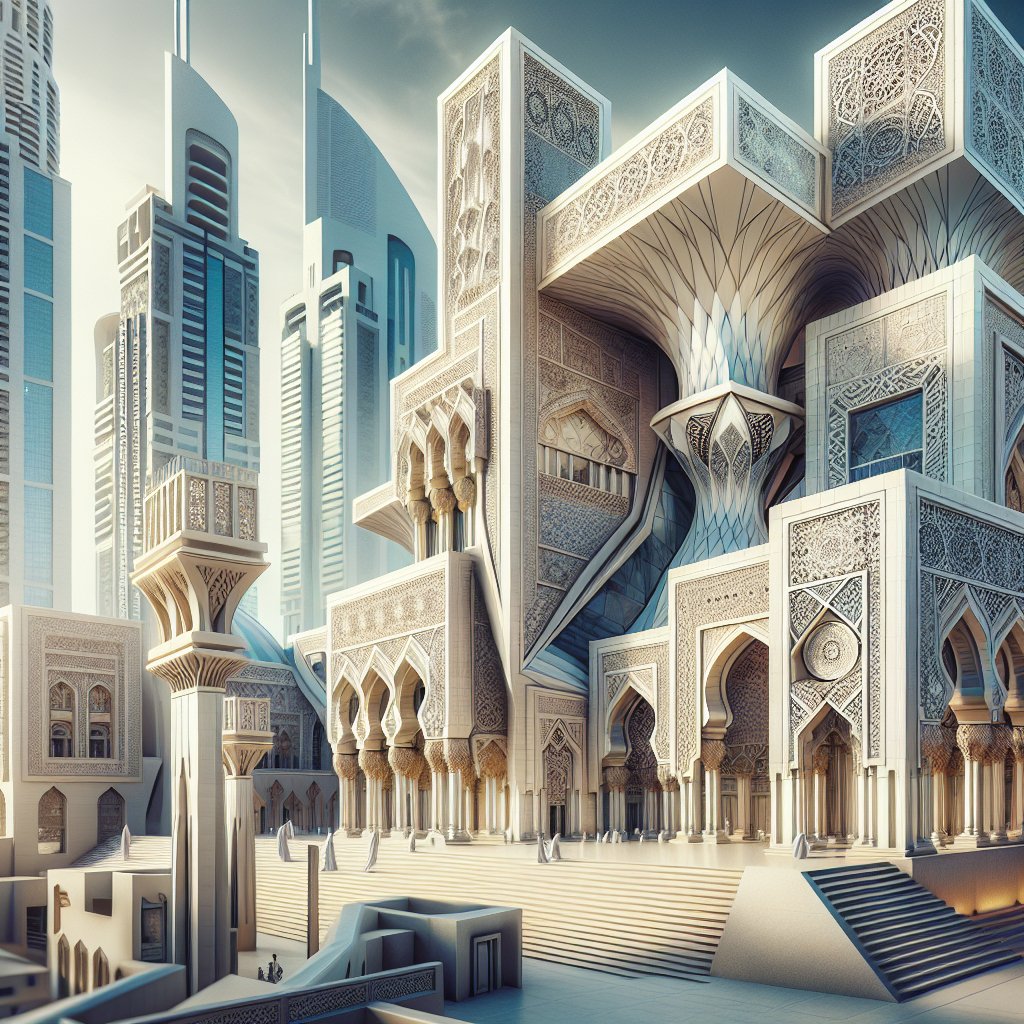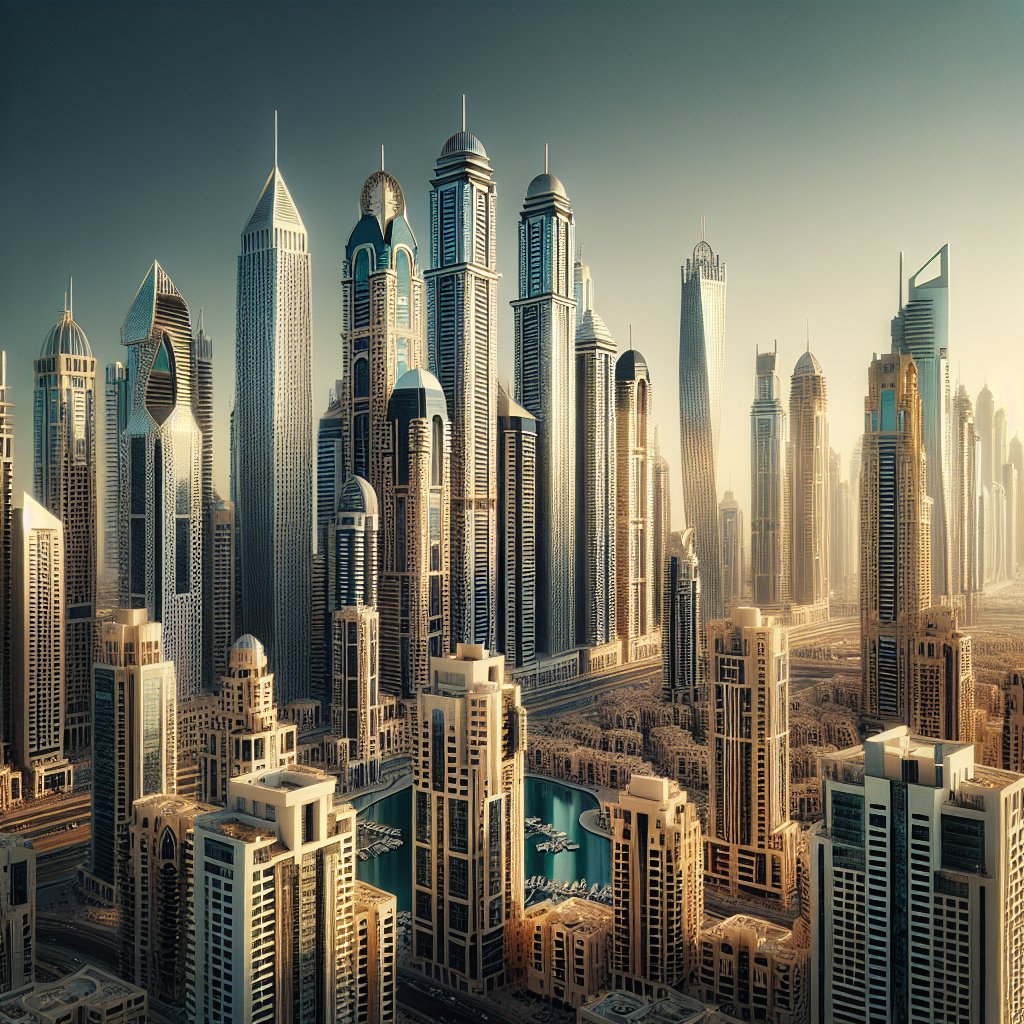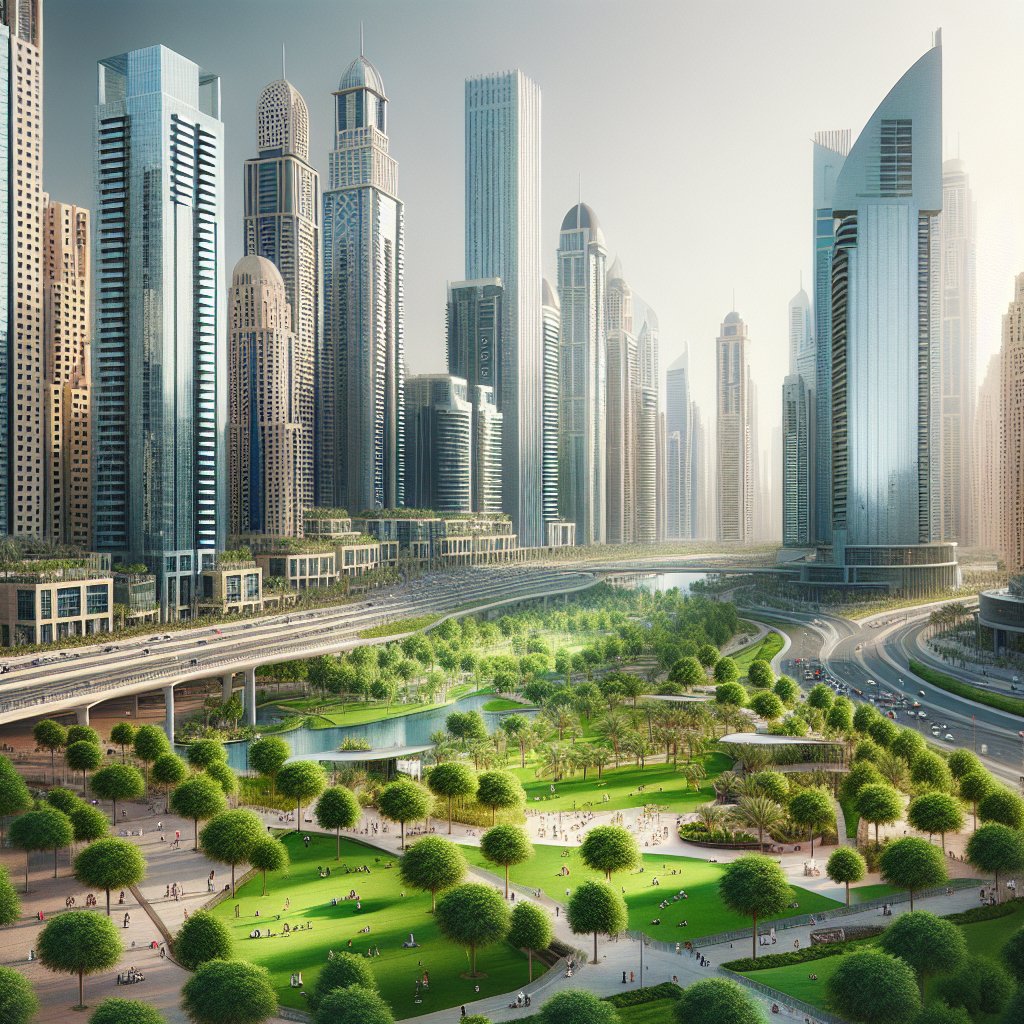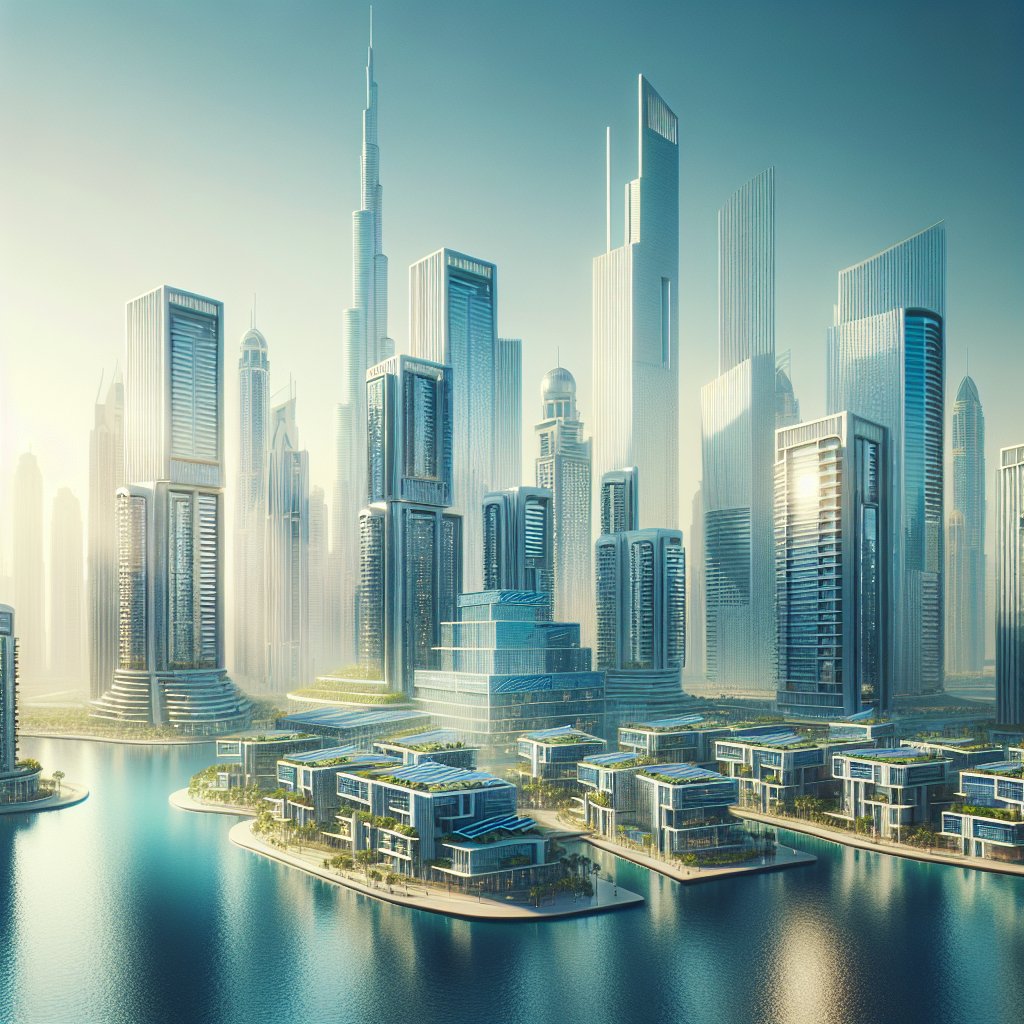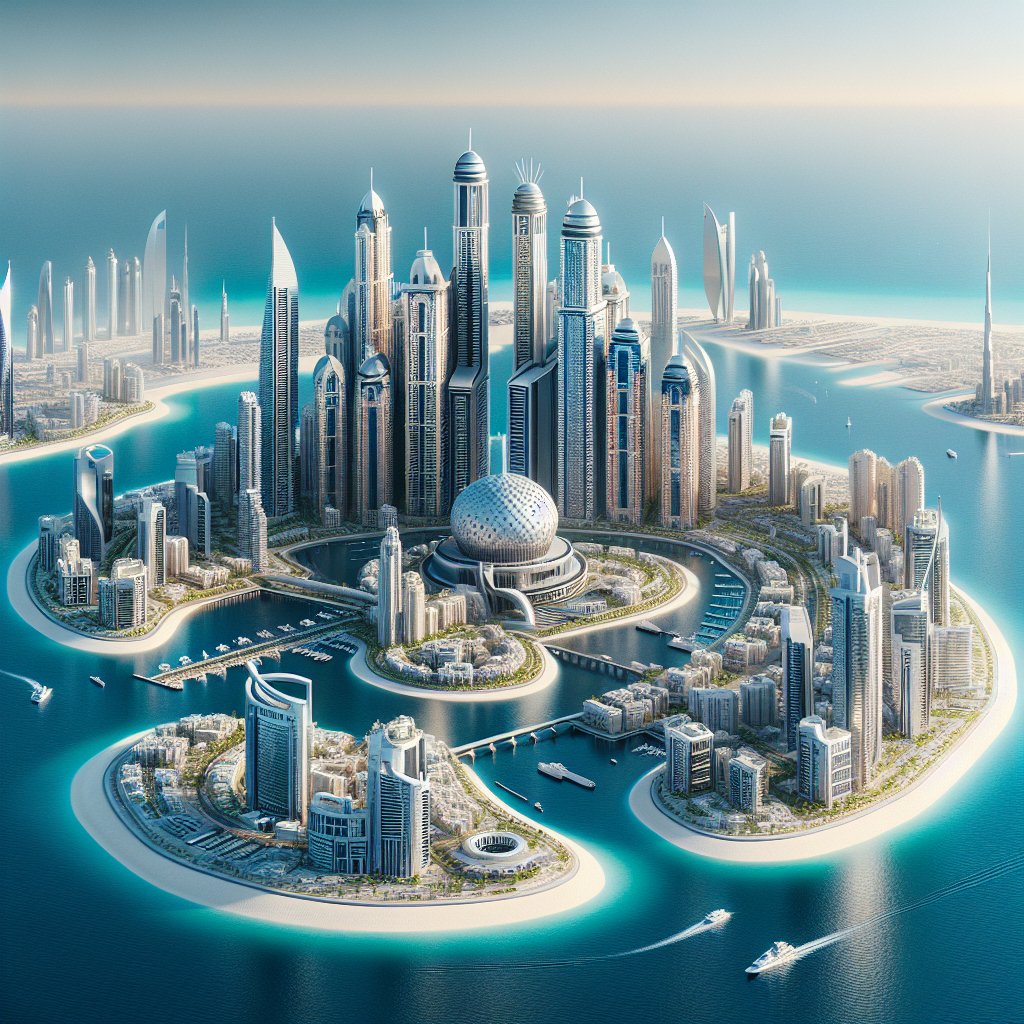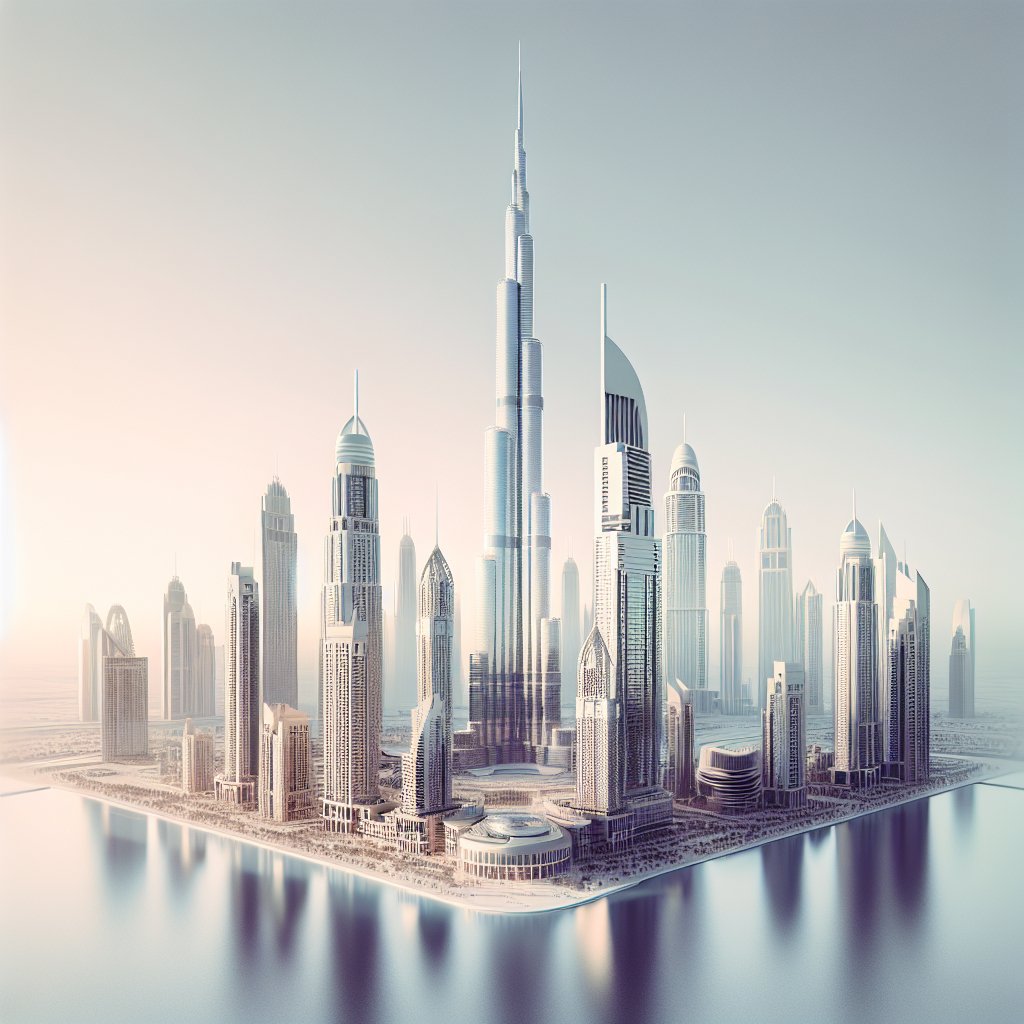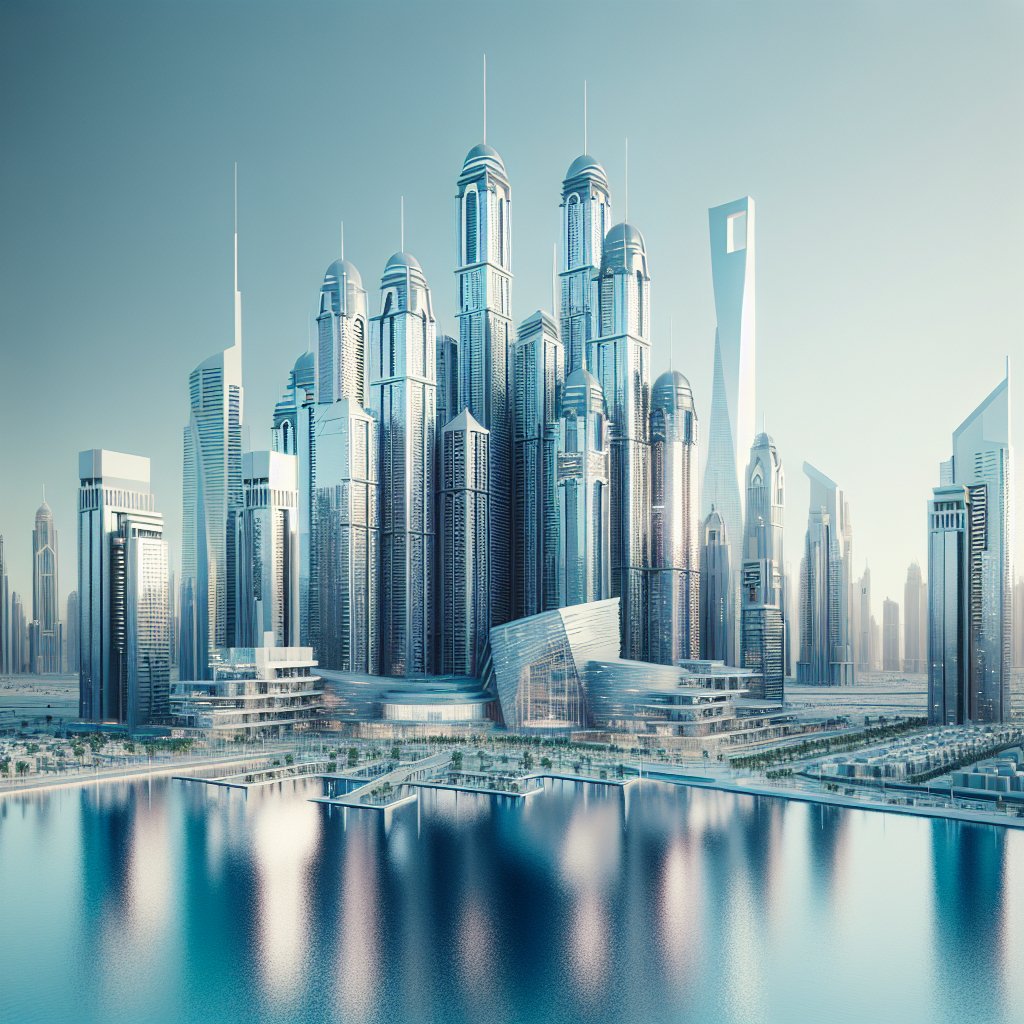Dubai, a city synonymous with luxury and innovation, has become a global hub for high-tech business parks, attracting companies from around the world. These business parks are not just about providing office space; they are about creating ecosystems that foster innovation, collaboration, and growth. In this article, we will explore the evolution of Dubai’s high-tech business parks, examining their development, impact, and future prospects.
The Rise of High-Tech Business Parks in Dubai
The journey of Dubai’s high-tech business parks began in the late 1990s and early 2000s, as the city sought to diversify its economy beyond oil. Recognizing the potential of technology and innovation as key drivers of economic growth, the government initiated several ambitious projects to attract global tech companies and startups. The establishment of Dubai Internet City (DIC) in 1999 marked the beginning of this transformation.
Dubai Internet City was designed to be a free economic zone, offering a range of incentives to attract technology companies. These included 100% foreign ownership, tax exemptions, and a world-class infrastructure. The success of DIC paved the way for other specialized business parks, such as Dubai Media City, Dubai Silicon Oasis, and Dubai Knowledge Park, each catering to different sectors of the tech industry.
These business parks were strategically located and designed to provide a conducive environment for innovation. They offered state-of-the-art facilities, high-speed internet connectivity, and a vibrant community of like-minded professionals. The presence of global tech giants like Microsoft, IBM, and Oracle further enhanced the reputation of Dubai as a leading tech hub.
Impact on the Local Economy and Workforce
The development of high-tech business parks in Dubai has had a profound impact on the local economy and workforce. These parks have attracted significant foreign investment, contributing to the diversification of Dubai’s economy. The influx of international companies has created thousands of jobs, providing opportunities for both local and expatriate talent.
Moreover, the presence of high-tech business parks has spurred the growth of ancillary industries, such as real estate, hospitality, and retail. The demand for office space, residential properties, and lifestyle amenities has increased, leading to the development of new infrastructure and services. This has further boosted the local economy, creating a ripple effect across various sectors.
In addition to economic benefits, high-tech business parks have played a crucial role in enhancing the skills and capabilities of the local workforce. They have facilitated knowledge transfer and collaboration between local and international professionals, fostering a culture of innovation and entrepreneurship. The presence of research and development centers, incubators, and accelerators has provided a platform for startups and entrepreneurs to thrive, contributing to the growth of a vibrant tech ecosystem.
Challenges and Future Prospects
Despite the success of Dubai’s high-tech business parks, there are challenges that need to be addressed to sustain their growth and competitiveness. One of the key challenges is the need to continuously upgrade infrastructure and technology to keep pace with rapid advancements in the tech industry. This requires significant investment and collaboration between the government, private sector, and academia.
Another challenge is the need to attract and retain top talent. While Dubai offers a high quality of life and attractive incentives, competition from other global tech hubs is fierce. To remain competitive, Dubai must focus on creating a supportive environment for innovation, offering opportunities for professional development, and fostering a culture of creativity and collaboration.
Looking ahead, the future prospects for Dubai’s high-tech business parks are promising. The government’s commitment to innovation and technology, as outlined in initiatives such as the Dubai 2040 Urban Master Plan and the Dubai Future Accelerators program, provides a strong foundation for continued growth. The focus on emerging technologies, such as artificial intelligence, blockchain, and the Internet of Things, presents new opportunities for innovation and investment.
In conclusion, the evolution of Dubai’s high-tech business parks has been a remarkable journey, transforming the city into a global tech hub. These parks have not only contributed to the diversification of Dubai’s economy but have also played a crucial role in shaping the future of technology and innovation in the region. As Dubai continues to embrace the digital age, its high-tech business parks will remain at the forefront of this transformation, driving economic growth and creating a sustainable future for generations to come.
